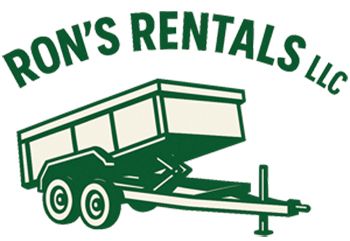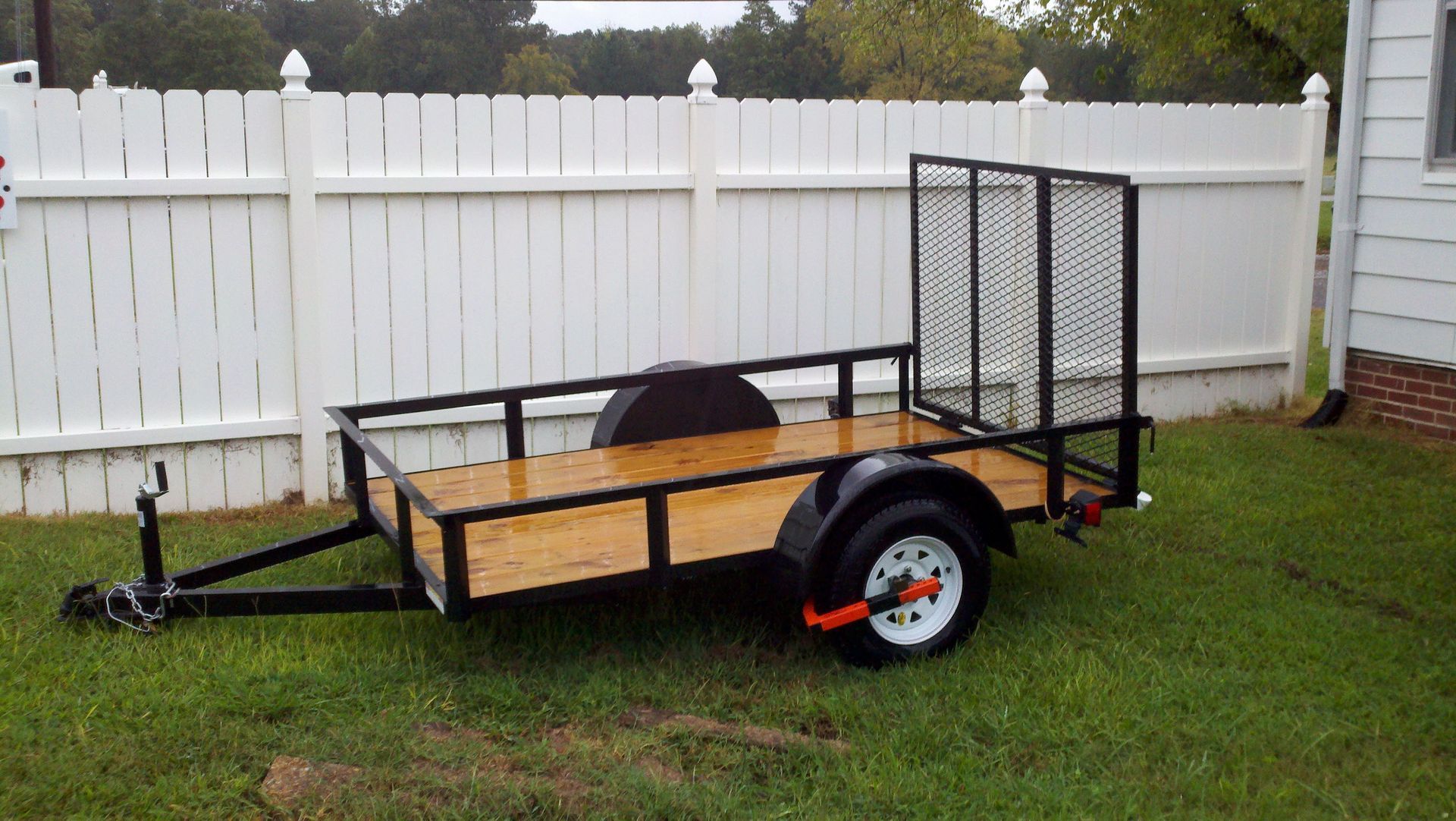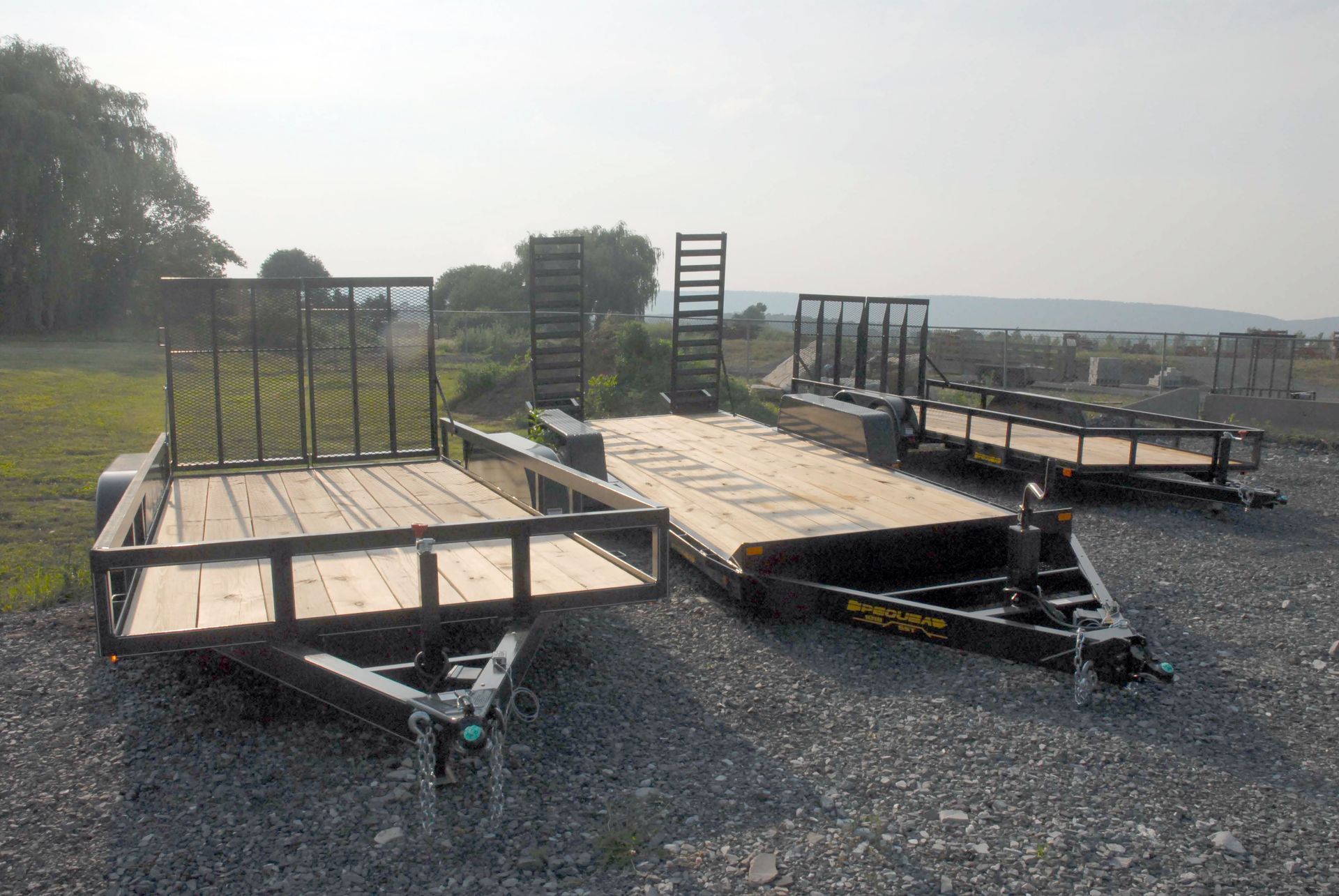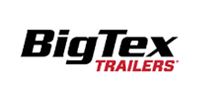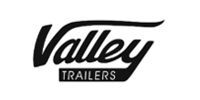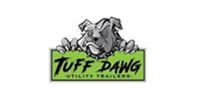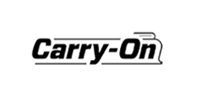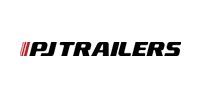August 25, 2025
When you have a job to do, whether it's hauling landscaping materials, moving furniture, or transporting equipment, the right trailer can make all the difference. Renting one gives you the flexibility to get the exact type you need without committing to a purchase or worrying about long-term maintenance. It also saves you the expense and storage challenges of owning a trailer full-time while giving you access to professional-grade equipment whenever you need it. There's a model designed for nearly every task, from heavy-duty dump trailers for debris removal to livestock trailers for farm transport, car hauler trailers for vehicle relocation, utility trailers for everyday hauling, and equipment tilt trailers for loading machinery. Understanding your hauling needs and following a few key tips can make the process smooth, efficient, and safe.
1. Understand Your Hauling Needs Before You Book
Before renting a trailer, it's essential to consider what you're moving and where it's going. This helps you choose the right style, size, and weight capacity. Open utility trailers work well for bulky but sturdy items, while enclosed trailers provide added protection from weather and road debris. For heavier-duty work, such as moving machinery or ample building supplies, a trailer with higher load limits and reinforced flooring may be the better choice. Matching the trailer type to your job ensures efficiency and safety.
2. Choose the Right Size and Style
Not all trailers are built the same, and picking the wrong one can slow you down or risk damage to your load. Consider your cargo's length and width and how you'll secure it during transit. Smaller models are easier to tow and maneuver, making them ideal for light-duty tasks. Larger trailers accommodate bigger hauls but may require a more powerful towing vehicle. If you're unsure, it's better to choose a trailer with some extra capacity than to overload one that's too small. Thinking ahead about future projects can also help you choose a size that will work for multiple needs instead of just one.
3. Know How to Load a Trailer Safely
Even if you have the right trailer, loading it incorrectly can cause significant problems. According to Weigh Safe Trailer Hitches, it's a good rule of thumb to load 60% of your weight toward the front of the trailer. This helps maintain stability and prevents dangerous swaying while you drive. Distribute the rest evenly over the axle, and secure your cargo with strong tie-downs or straps. Position tall or irregularly shaped items so they won't shift during turns or sudden stops. Taking a few extra minutes to double-check your load can prevent costly damage to both your cargo and your towing vehicle.
4. Check Your Towing Vehicle’s Compatibility
Before you rent, assure your vehicle can safely tow your chosen trailer. This includes having the correct hitch size, electrical connections for lights and brakes, and sufficient towing capacity for the loaded weight. Overloading your vehicle can lead to mechanical issues, reduced braking power, and unsafe handling. If you're unsure what your vehicle can handle, consult your owner’s manual or ask the rental provider for guidance. Confirming compatibility ahead of time ensures you avoid last-minute delays when you are ready to pick up your trailer.
5. Inspect the Trailer Before You Leave
A quick but thorough inspection can prevent unexpected issues on the road. Walk around the trailer and check for damage, worn tires, or missing safety chains. Test the lights, turn signals, and brake connections to ensure they work correctly. A reputable rental company will keep its trailers in top shape, but taking a few minutes to double-check can save you from mid-haul headaches. Bringing a simple checklist can make this process quicker and ensure you do not miss any important safety details.
6. Plan for Loading and Unloading
Think ahead about how you'll get your cargo on and off the trailer. Some models come with built-in ramps, such as certain car hauler trailers or equipment tilt trailers, while others may require portable loading equipment. If you're hauling heavy items, having the right tools or an extra set of hands can make the process safer and faster. Also consider where you'll be loading and unloading. Narrow driveways or uneven terrain can make maneuvering a trailer more challenging.
7. Factor in Rental Terms and Timing
When renting a trailer, flexibility matters. Some projects take longer than expected, so working with a company that offers adjustable rental terms is helpful. Ask about hourly, daily, or weekend rates, as well as any late return fees. Precise scheduling helps you maximize your rental without rushing or paying for unused time. It's also worth asking if the rental provider offers extensions, which can be a lifesaver if your project runs longer than planned.
8. Learn the Basics of Towing
If you have never towed a trailer before, it's worth taking a few minutes to review the basics. Allow for more braking distance, take turns wider than usual, and check your mirrors frequently. Practice reversing in an open area before managing tight spots. The extra length and weight of a trailer can affect your vehicle’s handling, but with a bit of preparation, you'll feel more comfortable on the road.
9. Return the Trailer in Good Condition
When your job is done, quickly clean the trailer and remove any debris. Return it on time to avoid late fees and maintain a good rental record. A well-kept trailer makes it easier for the next customer and keeps the rental process smooth for everyone.
Renting a trailer doesn't have to be complicated. By understanding your needs, choosing the right model, and following safe loading practices, you can make your next project run more efficiently from start to finish.
If you're looking for dependable utility trailer rental options, you'll want a provider that combines quality equipment with experienced support. The right rental partner can guide you through selecting the best trailer, ensure it's in top working condition, and offer flexible scheduling to fit your timeline. That kind of service helps you focus on the task at hand instead of worrying about the transport.
With options ranging from compact open trailers to enclosed models and heavy-duty haulers, a versatile rental fleet can accommodate everything from weekend DIY jobs to ongoing business needs. Choosing a trailer rental service that prioritizes customer support, offers quick turnaround times, and maintains its equipment to high standards can make all the difference in your hauling experience.
When you're ready to get moving, pick a company that values your time and project goals. You'll benefit from clear rental terms, fair pricing, and the peace of mind that comes from knowing your trailer is road-ready. For hauling that's safe, efficient, and tailored to your needs, it's worth finding a trusted local source.
If you need a utility trailer rental with flexible options and dependable equipment, we have you covered at Ron's Rentals LLC. Serving Hillsdale, MI and the surrounding areas, we offer a wide variety of trailers for both residential and commercial projects, backed by free, next-day estimates and a commitment to fast, reliable service. Our knowledgeable team will help you select the perfect
trailer
and get you on the road quickly. Whether it's a short-term project or an ongoing need, we deliver quality, convenience, and value every time. Give us a call today and let us get your haul moving.
